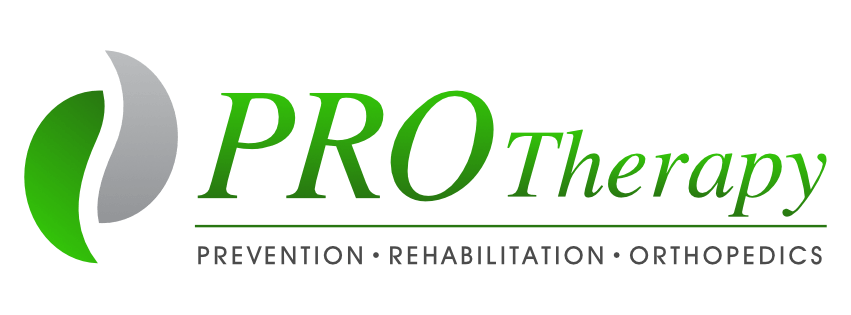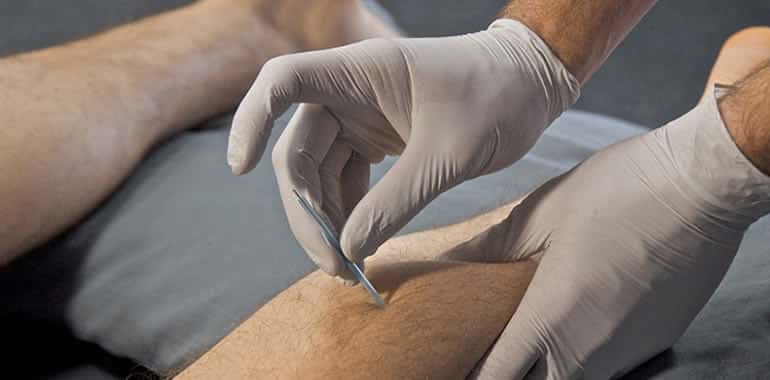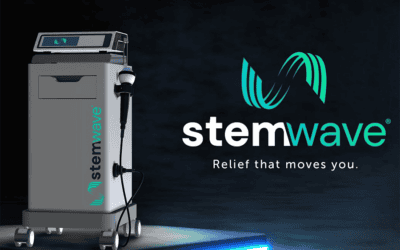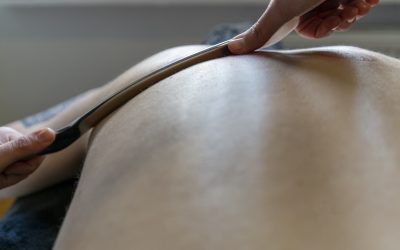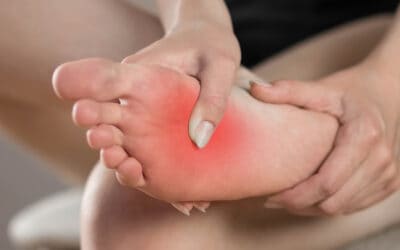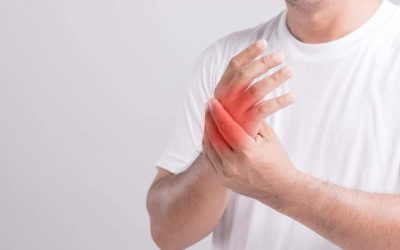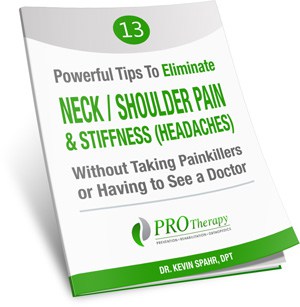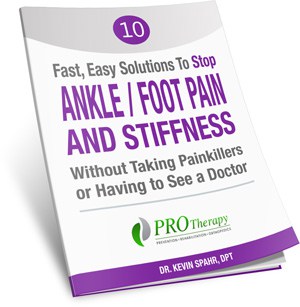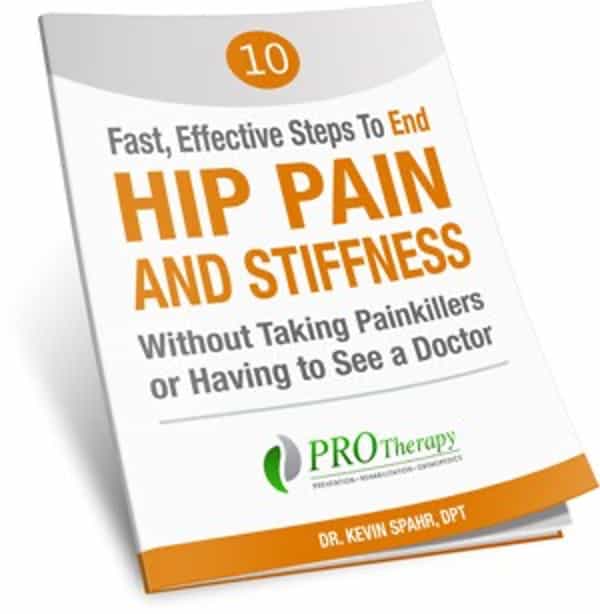Have you been exploring options for pain relief in Minneapolis and come across terms like “dry needling” and “acupuncture”? It’s common to wonder if these two treatments are the same, especially since both involve needles. While they share some superficial similarities, dry needling and acupuncture are distinct practices with different philosophies and applications.
At PRO Therapy in Minneapolis, we believe in empowering you with knowledge to make the best decisions for your health. Let’s delve into what dry needling and acupuncture are, how they differ, and what you can expect from each.
What is Dry Needling?
Dry needling is an increasingly popular and effective treatment performed by trained Physical Therapists. It involves the use of a small, thin needle to penetrate the skin and target specific tissues to improve the healing environment.
How Does Dry Needling Work?
When inserted into the designated tissue, the needle stimulates a localized response that leads to three main improvements:
- Increased Opioids: It encourages your body to produce more of its natural pain-relieving opioids, offering a medication-free approach to pain management.
- Improved Inflammation: Dry needling helps to reset your body’s inflammatory response, promoting faster and more efficient healing.
- Vasodilation: The needles encourage the opening of blood vessels, increasing blood flow to the treated area. This delivers essential healing nutrients and promotes relaxation in surrounding muscles.
While commonly used for muscles, recent research highlights its effectiveness for joints, tendons, ligaments, and even scar tissue. The term “dry needling” emphasizes that nothing is injected into the body – the therapeutic effect comes directly from the needle’s interaction with the tissue.
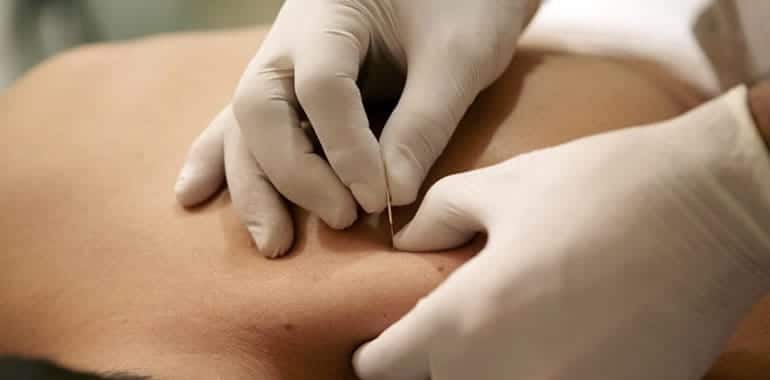
What to Expect During a Dry Needling Session at PRO Therapy?
If dry needling is deemed appropriate for your condition, your Physical Therapist will start with 1 or 2 needles, continually assessing your symptoms. Subsequent sessions may involve more needles as needed.
Your therapist might employ various techniques:
- Sustained Placement: The needle may be left in the tissue for several minutes.
- Movement: The therapist might gently move or twist the needle to increase the treated area.
- Electrical Stimulation: In some cases, electrical stimulation may be applied to the needles to enhance their effects.
Crucially, dry needling is most effective when integrated into a comprehensive treatment plan that includes other manual therapies and exercises. Therefore, you can expect your Physical Therapist to combine dry needling with other modalities to optimize your results.
Does Dry Needling Hurt?
It’s a common concern! While you might experience some discomfort, most patients describe the sensation as an “achy,” “crampy,” or “workout pain” rather than sharp pain. This discomfort is usually brief and followed by significant symptom relief, making the temporary sensation worthwhile for many.
What Conditions Can Dry Needling Help With?
Your highly trained Physical Therapist will assess your specific needs, but dry needling can be applied to any muscle, ligament, tendon, joint, or scar tissue. Some common conditions that often benefit from dry needling include:
- Headaches
- TMJ (jaw issues)
- Neck pain
- Shoulder impingement
- Tennis or golf elbow
- Carpal tunnel syndrome
- Low back pain
- Sciatica
- Hip impingement
- Knee arthritis
- Plantar fasciitis
- And many others!
What is Acupuncture?
Acupuncture is an ancient traditional Chinese medical treatment with a history spanning thousands of years. It’s based on the concept of “chi” (or “qi”), which is believed to be the body’s vital energy flow. Acupuncturists aim to restore balance to this energy flow by inserting needles into specific acupuncture points along meridians (energy pathways) throughout the body.
Key Differences from Dry Needling:
- Philosophy: Acupuncture is rooted in traditional Chinese medicine, focusing on balancing the body’s energy (“chi”) for holistic wellness. Dry needling is based on modern Western anatomical and physiological principles, targeting specific myofascial trigger points or dysfunctional tissues.
- Practitioners: Acupuncture is performed by licensed acupuncturists who undergo specific training in traditional Chinese medicine. Dry needling is performed by Physical Therapists, who use their extensive knowledge of the musculoskeletal system to guide needle placement.
- Needle Placement: Acupuncturists may place needles in various parts of the body, often distant from the painful area, based on meridian pathways and overall health needs. Dry needling focuses needle placement directly in or around the affected tissues and muscles identified during a physical examination.
- Goals: While acupuncture can address specific conditions, it’s often used for broader wellness and to restore overall energy balance. Dry needling is typically used as part of a physical therapy treatment plan to address specific musculoskeletal pain and dysfunction.
Choosing the Right Treatment for You in Minneapolis
Both dry needling and acupuncture involve needles and can offer therapeutic benefits, but their approaches and goals differ significantly.
- If you’re seeking a holistic approach to well-being, addressing energy imbalances and overall health, acupuncture might be a suitable option.
- If you’re experiencing specific musculoskeletal pain, injury, or movement limitations, and are looking for a targeted treatment within a comprehensive rehabilitation plan, dry needling performed by a Physical Therapist at PRO Therapy could be highly beneficial.
At PRO Therapy in Minneapolis, we offer dry needling as one of many evidence-based treatment options to help you on your path to healing. We understand that every individual is unique, and what works best for one person may not be ideal for another. That’s why we emphasize a personalized approach, thoroughly assessing your condition to determine if dry needling, or another treatment option, is the right fit for your specific needs.
Ready to explore your options for pain relief in Minneapolis?
We offer complimentary phone and in-person consultations. You can chat with one of our Doctors of Physical Therapy to discuss your symptoms, ask any questions about dry needling, and even get a brief in-person assessment. We’re here to help you make informed decisions and achieve a life free from pain and limitations. Give us a call at 612-767-9917 to learn more!
- Treating and Avoiding Hockey Injuries with Physical Therapy - November 26, 2025
- Common Questions About Physical Therapy After a Car Accident - November 12, 2025
- Pelvic Floor PT for Active & Postpartum Women in Minneapolis & Coon Rapids - November 3, 2025
